This is the season of renewal.
One year ends. Another begins.
At the turn of the calendar, it is customary for columnists like me to make predictions about what may or may not be in the offing or, alternatively, to offer dispirited readers reasons for hope amid all the hurt and heartache.
I have to admit that, as a writer, I have always been loath to engage in either chore. The first strikes me as a meaningless endeavour since playing soothsayer is a foolish act of hubris. The second is even more troublesome, particularly when the ever-elusive “silver lining” appears so far beyond reach that it has disappeared into irrelevance.
This year, like the last, will be remembered for having to watch – bereft and helpless – as Palestinians continue to be casualties of a genocide engineered by an apartheid regime seized with an insatiable killing lust and enabled by hypocrites who insist they are steadfast apostles of human rights and international law.
Day after awful day Palestinians have suffered the cruel consequences of this wretched ruse. The number of dead and injured Palestinians defies belief. The manner of their deaths defies belief, too.
Day after awful day, imprisoned Palestinians on their own fractured land confront two fates: They will die sudden and violent deaths – victims of Israeli drones, bombs, and snipers. Or they will die slow and agonising deaths – victims of starvation, disease, and the cold and rain.
Hope, in this inhumane context, is a cockeyed fantasy. Or so I thought.
Then, I came upon a Christmas sermon delivered by the Palestinian Christian pastor and theologian, Reverend Munther Isaac, to his congregation in Bethlehem.
Reverend Isaac’s 20-minute address was, at once, a blunt indictment of the architects of genocide and an eloquent appeal not to abandon hope – however frayed it may be.
As I listened, my mind and heart oscillated between belief and disbelief.
I am not a praying man, so my inclination was to dismiss Reverend Isaac’s entreaties – despite their piercing force and his obvious conviction – as being unrealistic, bordering on fantastical.
I was sceptical.
As Reverend Isaac’s sermon reached its sanguine crescendo, I had an epiphany. If a bereaved Palestinian can fashion a sliver of light despite the prevailing darkness, then so can I.
I think Reverend Isaac’s intent was to assure the rest of us – believers or not – that hope exists and persists; it cannot be extinguished by the purveyors of death and destruction.
Resistance can take many forms. Still, for resistance to succeed it must be propelled by the hope that a future free of want and oppression is not only possible, but, as history confirms, is inevitable.
So, what did Reverend Isaac say that moved me from glum pessimist to cautious optimist?
He began with this poignant reminder. “Christ,” Reverend Isaac said, “is still in the rubble.”
The pastor was alluding to a nativity scene he had erected in his church a year earlier featuring a newborn Christ swaddled in a keffiyeh and engulfed by the debris of Israel’s relentless genocide.
The symbolism is unmistakable. Christ and Palestinians are one. They share the same circumstances and providence. Just as Christ suffered at the vindictive hands of the potentates who condemned him to death, so have Palestinians.
“[Donald] Trump said that if the hostages are not released in January, there will be ‘hell to pay’. It is already hell. What is he talking about?” Reverend Isaac said. “It is indeed hard to believe that another Christmas has come upon us and the genocide has not stopped.”
Through all the grief, loss, and hardship, the humanity of Palestinians remained, Reverend Isaac said, unbroken.
“It has also been 440 days of resilience and even beauty,” he said. “Yes. I think of all the heroes in Gaza. The doctors. The medics. The nurses. The first responders. The volunteers. Those who sacrifice everything for their fellow human beings.”
Reverend Isaac also praised teachers and musicians who teach and play music to “bring a smile” to traumatised Palestinian children in the shattered remnants of Gaza.
“Yes, the loss is enormous,” Reverend Isaac said. “But we have not lost our faith and our collective humanity. This is the beauty I am talking about.”
Reverend Isaac implored each of us not to succumb to resignation, apathy, or despair since “numbness is a betrayal to humanity.”
Instead, he said: “We must not rest or grow weary. To do so is to not only abandon the people of Gaza, but our own humanity. This is why we must continue talking about Gaza … and the systematic oppression and killing until it stops.”
The complicit “war criminals” and their co-conspirators responsible for the horrors being perpetrated against Palestinians in Gaza and the occupied West Bank, “must”, Reverend Isaac said, “be held accountable”.
“Rather than met with justice, they are met with [applause] in the halls of Congress and defended by European parliaments,” he said. “And they still dare to lecture us on human rights and international law.”
Reverend Isaac is, of course, right on both disgraceful counts.
“The genocide will end one day,” he added. “But history will remember where people stood. History will remember what they said. They cannot claim that they did not know.”
Once again, Reverend Isaac is right. We will remember.
In the meantime, Reverend Isaac is convinced that: “From the midst of the rubble, a plant of life will arise, giving the promise of a new dawn. The assurance of a harvest where justice and restoration will flourish. And the vine will bear fruit that nurses generations to come.”
It will take hard work and patience, but, I agree, the coming harvest will indeed flourish and the vine of “justice and restoration” will, in due course, bear ripe and bountiful fruit.
“We have not and will not lose hope,” Reverend Isaac said. “Yes, it is 76 years of an ongoing Nakba, but it is also 76 years of Palestinian sumud [steadfastness], clinging to our rights and the justice of our cause.”
Reverend Isaac ended his sermon with this admonition born of scripture and borne out in, among other places, South Africa, where another racist, apartheid state was ultimately vanquished.
“Every Herod will pass, every Caesar will fade, for empires have an expiry date … and let us remember that according to Jesus, it is the meek, not the powerful who inherit the land.”
The views expressed in this article are the author’s own and do not necessarily reflect Al Jazeera’s editorial stance.

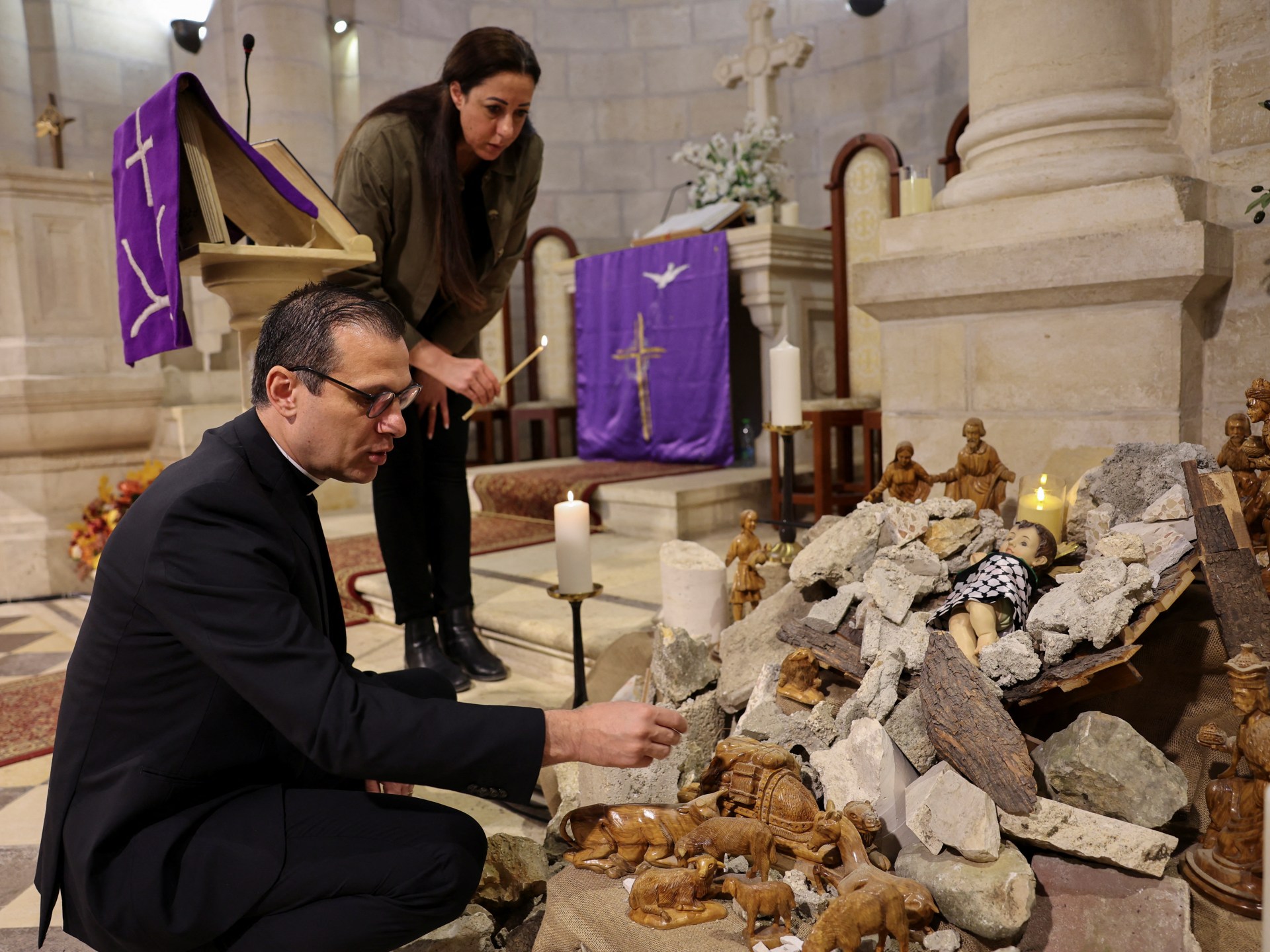


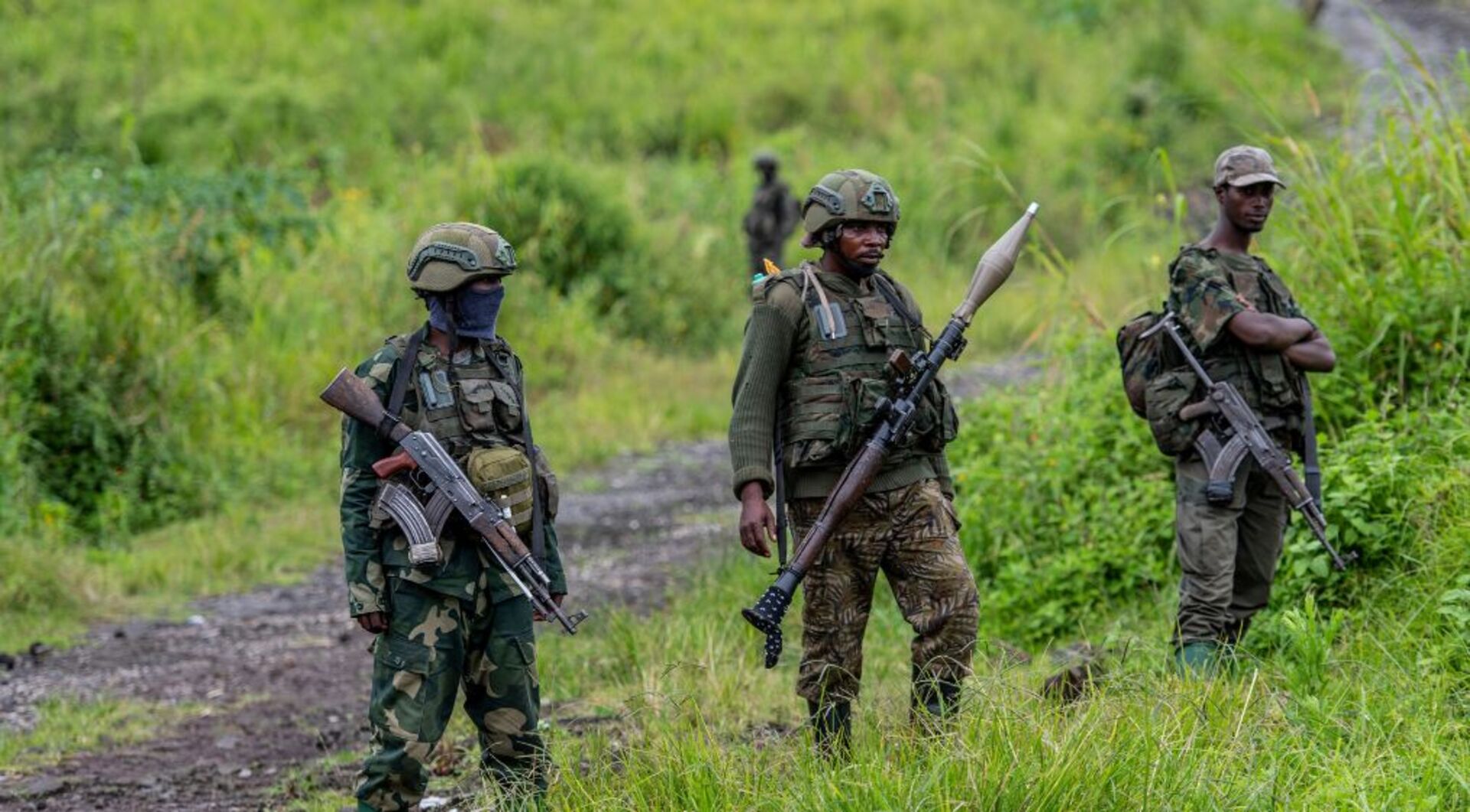
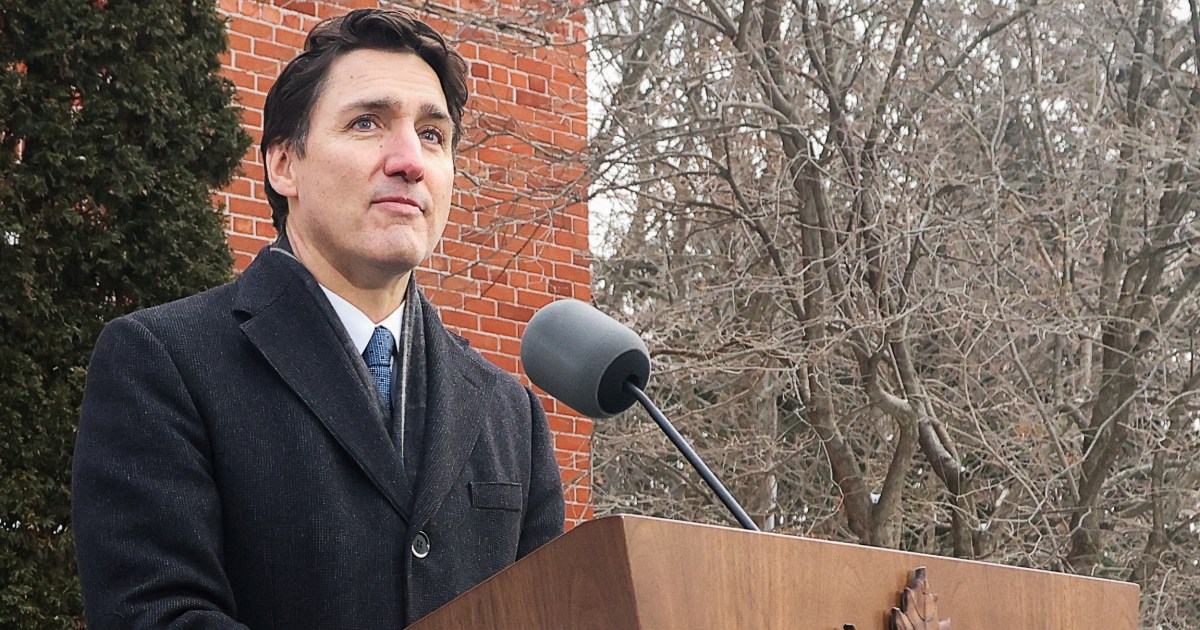

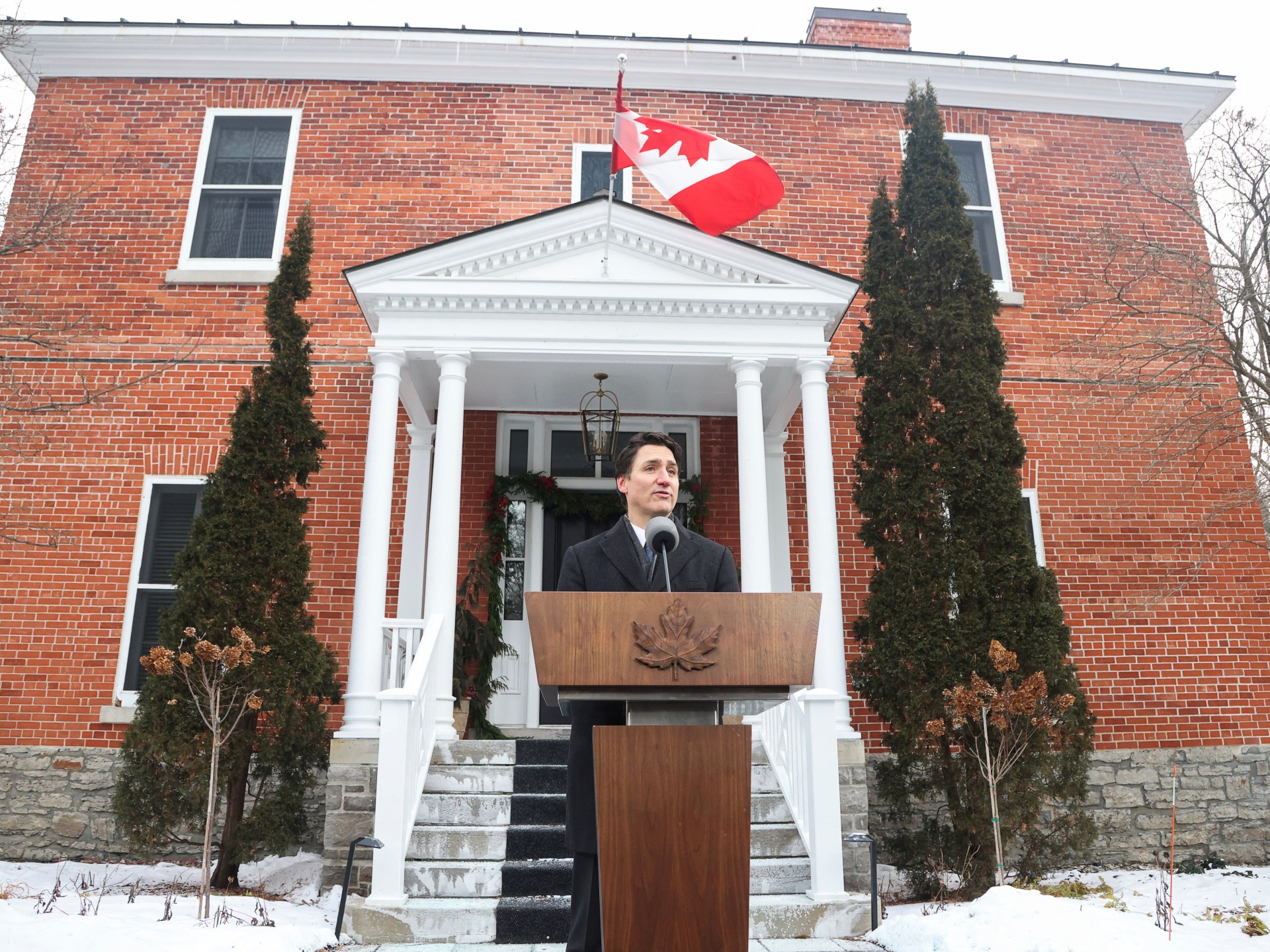

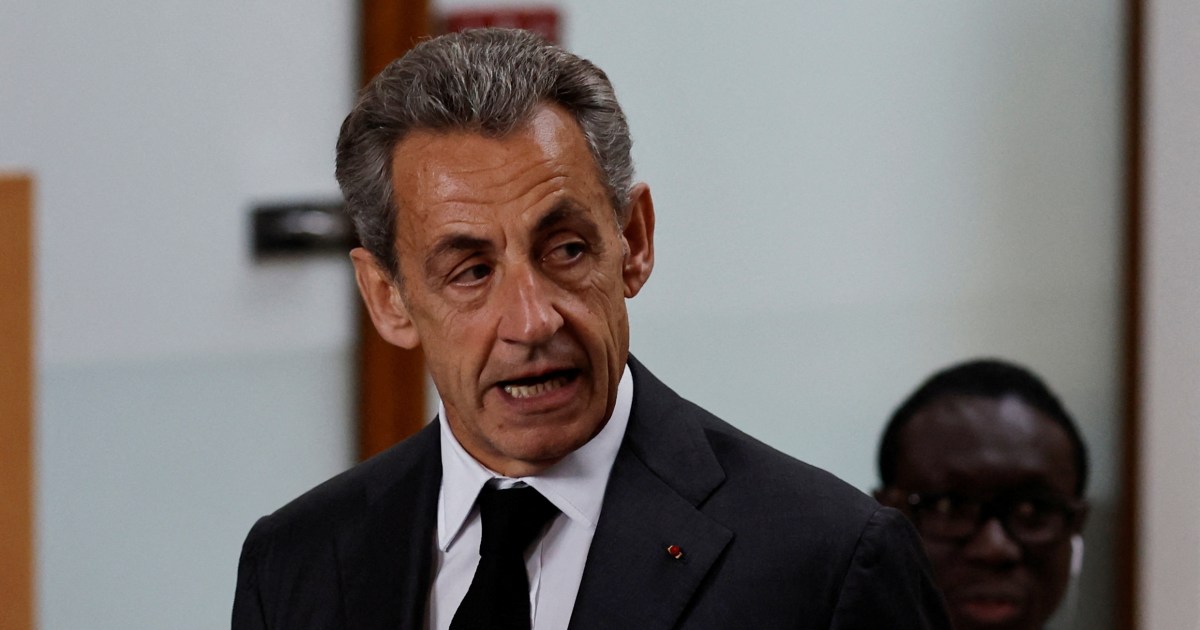





Leave a Reply